
What is a Perpetual Calendar?
The perpetual calendar remains one of the greatest achievements in watchmaking, a symbol of human ingenuity and artistic refinement.

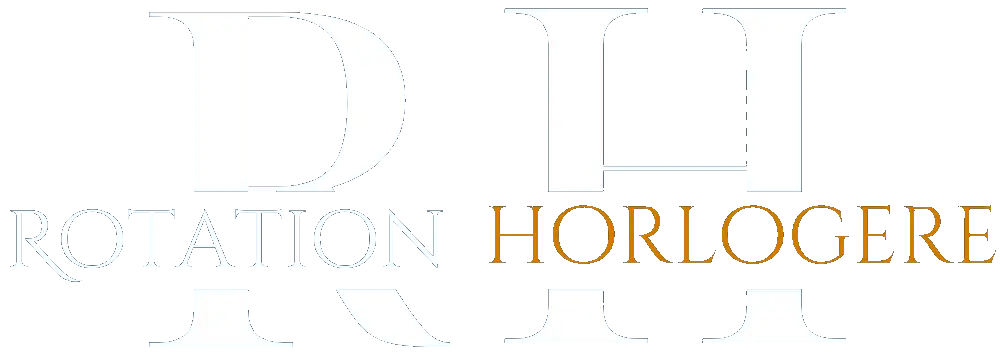
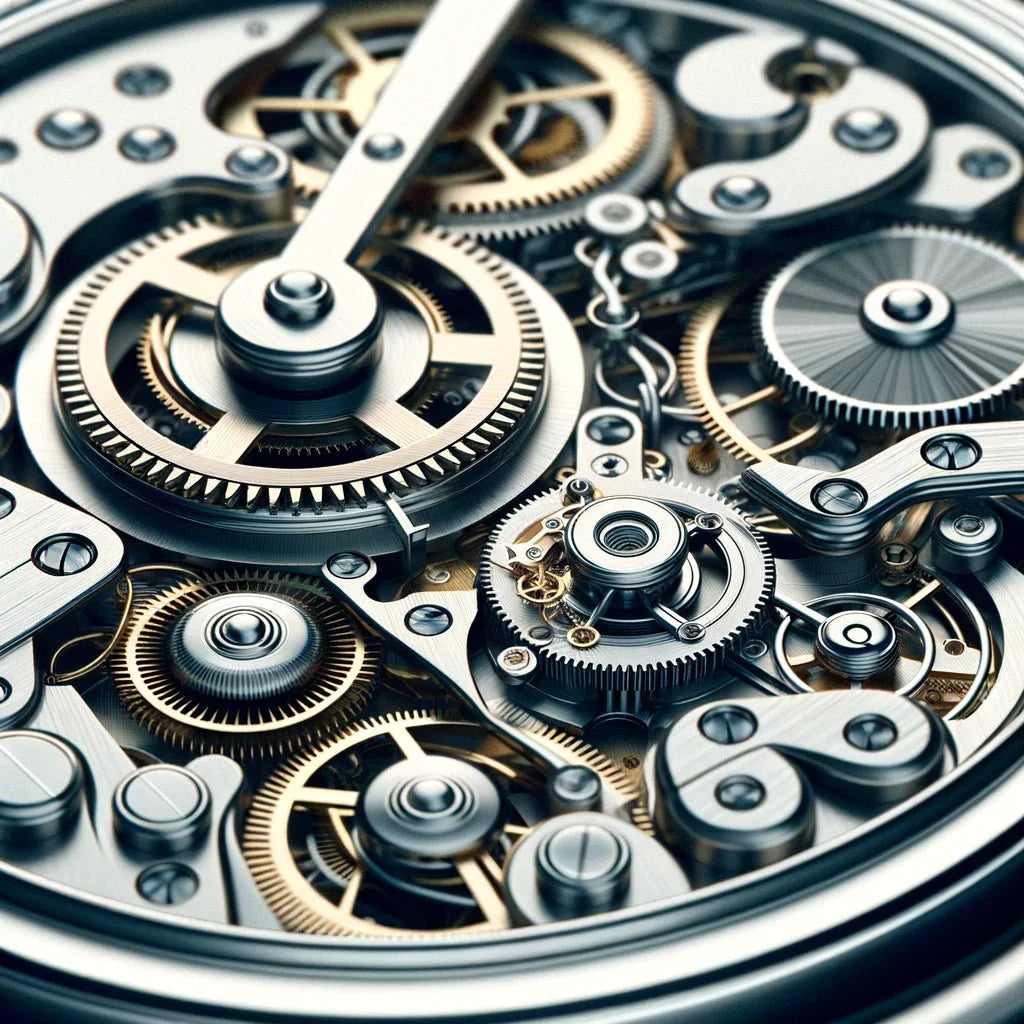
Watches are much more than just accessories for measuring time. They are the epitome of craftsmanship, precision and design. Each watch is a complex assembly of multiple components that work together harmoniously. In this article, we will explore the elements and components of a watch , highlighting their role and importance.
The movement is the heart of a watch, it tells the time and gives value to the watch. It is the complex internal part that orchestrates the measurement of time. Let's explore these fascinating movements in more detail:
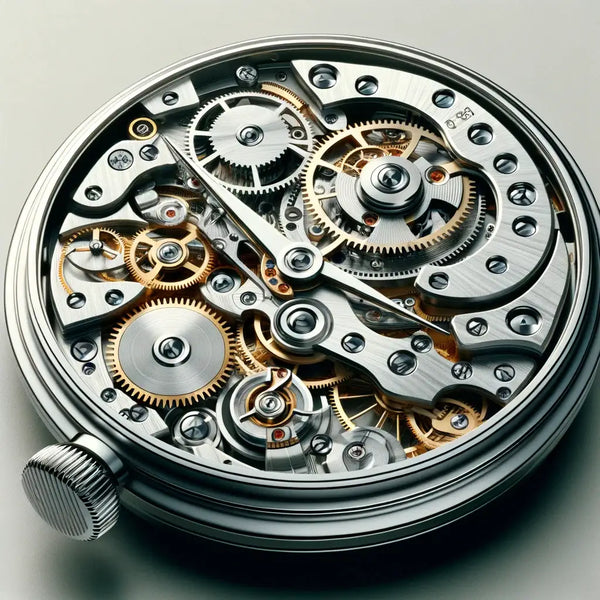
If you want to know how to protect and maintain the components of an automatic watch, read our article on the benefits of an automatic watch winder . It's very informative.

The distinction between mechanical and quartz movements lies in their approach to watchmaking. The mechanical movement is appreciated for its traditional charm and tactile sensation, thanks to its oscillating weight and complex mechanism. Wrist movement is essential in automatic watches because it allows the watch to operate without manual winding.
On the other hand, the quartz movement seduces with its simplicity, precision and ease of use. Its low maintenance makes it a popular choice for those looking for a reliable, worry-free watch.
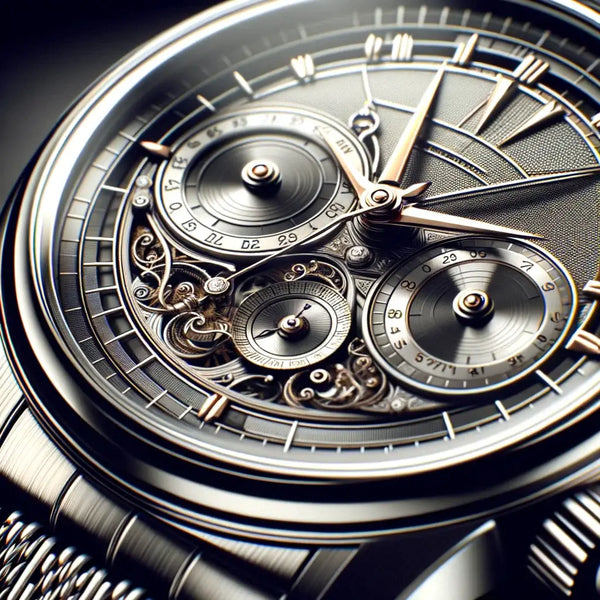
The dial is the visible side of the watch, displaying the time and sometimes other information. Watch faces vary greatly in design, color and functionality. Some dials feature Roman numerals or indices, while others have a more minimalist look. The choice of dial is important for the appearance of the watch.
The elegantly designed watch hands indicate the time. Their style and movement vary depending on the type of watch. In analog watches, the hands move smoothly, while in quartz watches they move forward in small jumps. The design of the hands plays a crucial role in the readability and aesthetic appeal of the watch.
The crown is a crucial part of the watch, often located on the side of the case. It allows you to set the time and, in the case of mechanical watches, to wind the movement. In some models, the crown is also used to adjust other complications such as the date or the chronograph. Its design can vary from simple and functional to ornate and decorative, contributing to the overall style of the watch. 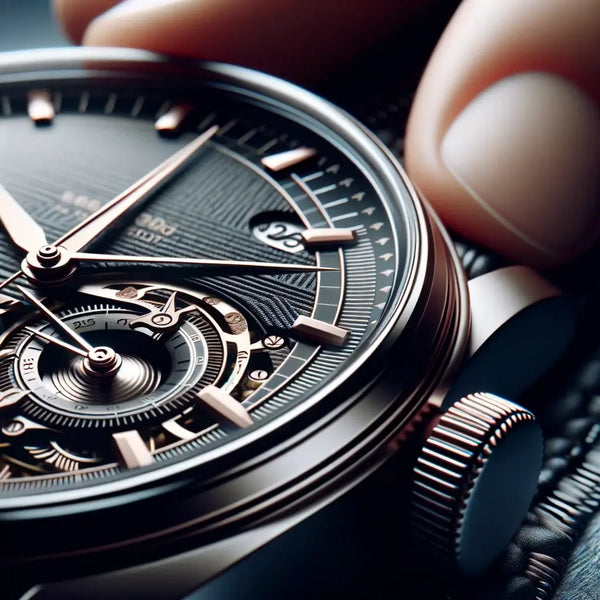
The watch case plays a crucial protective role. It houses the movement and must resist water, dust and shock. The materials used for the watch, such as steel, gold or titanium, influence its appearance and strength.
If you want to know more about the materials and value of a watch, you might be interested in our dedicated article on how a watch increases in value .
The watch glass protects the dial and hands. Glass types vary: mineral crystal is common and scratch-resistant, while sapphire is more expensive and offers better strength . The choice of glass affects the readability and resistance of the watch to external elements.
The bracelet or band is essential for the comfort and style of the watch. Materials vary, from sleek leather to sturdy metal to modern options like silicone or nylon.
The watch bezel , which surrounds the glass, can have several functions. In diving watches it is used to measure diving time, while in other models it can be simply decorative. Its design influences the functional and aesthetic aspect of the watch.
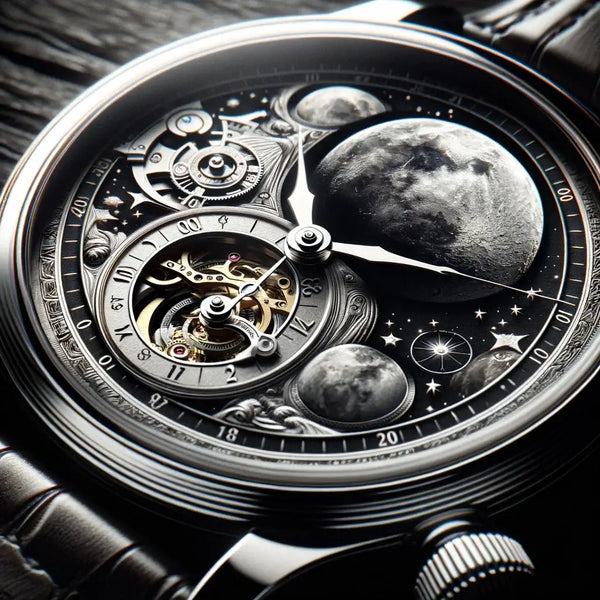
Watch complications add functionality and sophistication to a watch. Here are some of the most common:
These complications are not only a testament to watchmaking skill, but they also increase the functionality of the watch.
Understanding the various elements and components of a watch is essential for any watch enthusiast. Every part , from the movement to the crown, from the dial to the bracelet, is important to the function and appearance of the watch. Whether you are a seasoned collector or a new enthusiast, this knowledge will help you fully appreciate the art and science of watchmaking.

The perpetual calendar remains one of the greatest achievements in watchmaking, a symbol of human ingenuity and artistic refinement.
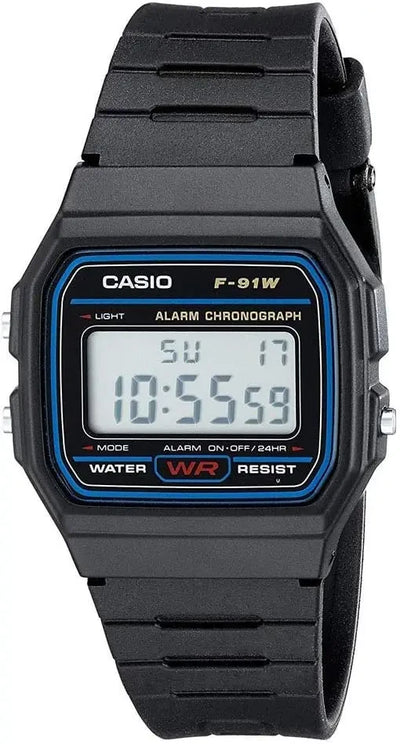
Which watch is the best-selling in the world among all the brands and models available on the market? We will explore...

Discover our selection of affordable Swiss watch brands for all budgets and desires.
Leave a comment
This site is protected by hCaptcha and the hCaptcha Privacy Policy and Terms of Service apply.